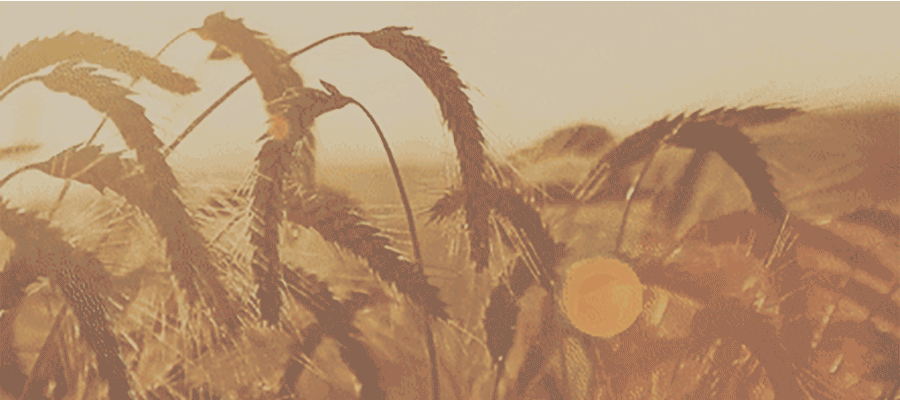Ixúp’igúp Theater, Slowwater
He remembered, of course, that they had met her; he remembered sending her away in the midst of the party, her face drawn up tight in a little pout, and the apologies he had made to make it up from her. He remembered her smiling up at Tom, eyelashes fluttering lightly, and the strangeness he’d felt at it – not fear, exactly, nor concern about what Tom would do, but – then, he hadn’t yet understood that it was still the Tom he’d known, in the ways which mattered to him.
Tom was smiling at him, a coy little smile, and Aremu smiled too, sheepish, rubbing the back of his neck with his hand. He settled back into the chair, glancing at the stage where Il’aku continued to recite their poetry, steady and even over the rhythm thumping of their long-fingered, beringed hand against the drum.
“My love is like the rains of Loshis,” Il’aku went on, fingers drumming a quick staccato beat like the falling of raindrops, voice still even; a ripple of laughter when through the audience. They paused a moment, arching a solemn eyebrow, then smiled; the laughter rippled through once more, brighter, as they resumed their deeper, steadier rhythm on the drum.
“She’s well,” Aremu said, hearing the sheepishness and warmth in his own voice. He took his glass, swirling it lightly, looking down at the liquid, and then set it aside once more; he did not need to drink, he thought, to speak of Tsadha. As strange as it was between them, as casual, he did not wish to bear too much of their depths to Tom; it seemed to him like a betrayal, though he was not quite sure if it was so.
“We – ah,” Aremu shifted a little in his chair; his grin was a little tentative, glancing at Tom.
They had spoken, of course, of Jaeli; Tom had never been less than upfront with him, then, about his love for the other man, and the place that Jaeli held in his heart. He had thought, then, that he understood: Jaeli at the core of Tom, and all others drifting around the edges. He had been glad to meet Jaeli; he had liked him, and genuinely, and if he had been jealous, it was of what they had between them, not of the man himself.
He had never, Aremu thought, shifting, spoken of his own lovers to Tom, not then and not since. He hadn’t, he realized, uneasily, quite known how. It wasn’t – he didn’t know how now, even, what to say or how to say it. He trusted Tom with all of him, but he wasn’t sure quite where he ended and Tsadha began, in this.
“I’m very fond of her,” Aremu said, after a moment, glancing sideways at Tom once more, a little hesitant, trying to find his way carefully through the beat of the drums and the rhythm of the poetry. “I think she’s fond of me as well. It’s uh – “
She gets bored, he could have said, of her husband and her quiet life; I’m something like for her. And for me, perhaps, she’s the same; I like her, and we’re good together, but it couldn’t ever be more that. She doesn’t understand me, and I don’t understand her, I think, not in the way one needs to.
“I’ll see her again when I go back to the isles,” Aremu said, instead, careful. He left it there; he didn’t know whether Tom would ask more, what else he might want to say. Do you have others? He wanted to ask, a little uncertain – he thought for a moment of a small, slender galdor with dark hair and blue eyes, and could nearly have asked – but he shied away. He found he could look at Tom, at least, and smile, even if it was a little embarrassed still.







